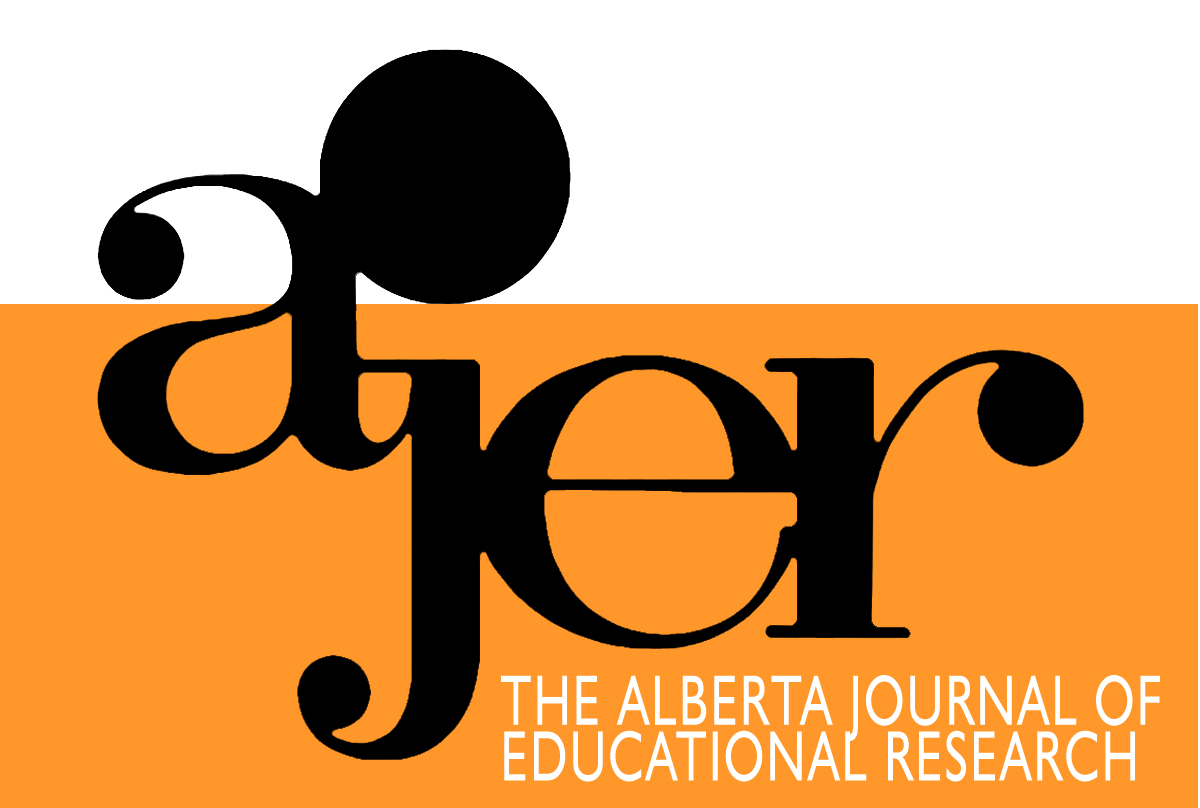Implicit and Explicit Awareness of a Phonics Rule in the Word Recognition of Students With and Without Learning Disabilities
DOI:
https://doi.org/10.55016/ojs/ajer.v47i1.54843Abstract
This study investigates the ability of students with and without learning disabilities to learn a phonics rule implicitly and the ability of these students to report accurately about the rule verbally. Many researchers have argued that implicit learning denotes a form of learning that occurs without intention and results in adequate performance, but is not available to consciousness and so not verbalizable (Reber, 1993). Others have suggested that this inability to verbalize may not be as definite as originally thought (Ericsson & Simon, 1993). This study examined the implicit learning and explicit knowledge capabilities of students between the ages of 10 and 12 with and without learning disabilities. Students acquired knowledge implicitly about the pronunciation of pseudo words that were governed by one of two phonics rules. They were then asked to verbalize explicitly about the acquired knowledge. Results indicate that implicit knowledge capabilities for all students were not significantly different. However, there were significant differences between students with and without learning disabilities on explicit knowledge scores.Downloads
Published
Issue
Section
License
UNIVERSITY OF ALBERTA COPYRIGHT LICENSE AND PUBLICATION AGREEMENT
If accepted, authors will be asked to sign a copyright agreement with the following points:
A. Where there is any inconsistency between this Copyright License and Publication Agreement and any other document or agreement in relation to the same subject matter, the terms of this Agreement shall govern.
B. This document sets out the rights you are granting in relation to publication of your article, book review, or research note entitled (the “Article”) through inclusion in the academic journal titled Alberta Journal of Educational Research (the “Journal”) published through the Faculty of Education, representing the Governors of the University of Alberta (the “Journal Editor”).
C. There will be no payment to you for this publication and grant of rights. In consideration of the agreement to publish the Article in the Journal:
1. You are warranting that:
- the content of the Article is your original work, and its content does not contain any material infringing the copyright of others; or, where the Article is not entirely your original work, you have obtained all necessary permissions in writing to grant the rights you are giving in this agreement;
- the content of the Article does not contain any material that is defamatory of, or violates the privacy rights of, or discloses the confidential information of, any other person;
- the Article has not been published elsewhere in whole or in part, and you will not allow publication of the Article elsewhere without the consent of the Journal Editor;
- the names of all co-authors and contributors to the Article are:
2. You agree to license the copyright in the Article to the Journal Editor, on a worldwide, perpetual, royalty free basis; and to the extent required by the terms of this agreement. You shall retain the right at all times to be acknowledged as the/an author of the Article.
3. You further agree that the Journal Editor has the entitlement to deal with the Article as the Journal Editor sees fit, and including in the following manner;
- The right to print, publish, market, communicate and distribute the Article and the Journal, in this and any subsequent editions, in all media (including electronic media), in all languages, and in all territories, ing the full term of copyright, and including any form of the Article separated from the Journal, such as in a database, abstract, offprint, translation or otherwise, and to authorize third parties to do so;
- The right to register copyright of the Journal;
- The right to edit the Article, to conform to editorial policy as the Journal Editor sees fit.
4. If any co-author or contributor to the Article does not sign this agreement, the Journal Editor reserves the right to refuse to publish the Article.



